If you’re looking for more gambling information, you’ll want to check out some of the best books about the topic. Several excellent books can teach you everything from gambling basics to how to beat the odds and make money. This blog post will look at some of the best books about Gambling available today.
Best Books About Gambling to Try
There are several books about Gambling that are worth reading. Here are some of the best:
Bringing Down the House by Ben Mezrich
Ben Mezrich’s Bringing Down the House is the true story of how a group of MIT students took Vegas for millions. The story follows the “MIT Blackjack Team” as they use card counting techniques to beat the casinos at their own game. Mezrich does an excellent job of chronicling the team’s exploits, from their humble beginnings as college students to their eventual success as professional gamblers.
Along the way, Mezrich provides readers with a detailed look at the inner workings of the casino industry, giving them a glimpse into a world that is usually off-limits to outsiders. In addition, he paints a fascinating portrait of the team members, who are all knowledgeable and driven individuals with a shared passion for winning. Overall, Bringing Down the House is a fascinating read that provides insight into the casino world and the gambler’s mind.
The Biggest Bluff by Maria Konnikova
In her book “The Biggest Bluff,” Maria Konnikova makes a compelling case that everyone can learn to beat the odds, even with something as seemingly complex as playing poker. Drawing on cutting-edge science, she shows that success is not just about being lucky or having the right genes; it’s about understanding and managing probabilities.
Konnikova reveals how common sense and intuition often lead us astray and why we often underestimate the role of chance in our lives. She also offers concrete advice on how we can use probabilistic thinking to make better decisions in everything when gambling. The book is a worthy read; try it out.
Fortune’s Formula by William Poundstone
In his book Fortune’s Formula, William Poundstone tells how a math formula transformed the world of Gambling. The book begins with a brief history of Gambling, tracing its origins back to the ancient Chinese game of chance called the “Book of Changes.” From there, Poundstone describes how the modern-day casino industry was born out of the development of probability theory in seventeenth-century Europe. Throughout the book, Poundstone weaves together a fascinating story that will captivate any reader interested in math and Gambling.
Gambling for life by Harry Findlay
Gambling for life by Harry Findlay is an engaging read that details the highs and lows of a professional gambler. From his early days as a part-time punter to his eventual success as a full-time professional, Findlay chronicles his journey with wit and candor. Along the way, he offers readers invaluable insights into the world of Gambling, including how to pick winners, manage money, and stay disciplined.
While the book is ostensibly about Gambling, it is also a fascinating story of one man’s obsession with a risky and often thrilling pursuit. Gambling for life is well worth a read, whether you’re a casual or professional gambler.
Thinking in Bets by Annie Duke
In her book Thinking in Bets, Annie Duke applies decision-making principles to the gambling world. Duke, a former professional poker player, uses her experience to provide readers with a framework for making better decisions in both Gambling and life. She begins by debunking some common myths about probability and luck, then shows how we can use probabilistic thinking to make more informed choices.
Throughout the book, Duke provides numerous examples of how we can use these concepts to improve our decision-making skills. Whether you’re a gambler or not, Thinking in Bets is an enlightening read that will change how you think about making choices.
The Confidence Game by Maria Konnikova
The Confidence Game by Maria Konnikova is a detailed look at the art of deception. Poker is a game of deception, and Konnikova uses poker as a metaphor for life, exploring how we constantly try to deceive others (and ourselves) to get ahead. The book is informative and engaging, providing insights into human nature that can be applied to any number of situations.
Poker is an excellent example of how we try to deceive others, and by studying poker, we can learn a great deal about human psychology. The book is full of exciting stories and examples that illustrate Konnikova’s points, and it will surely leave readers with a greater understanding of deception’s role in our lives.
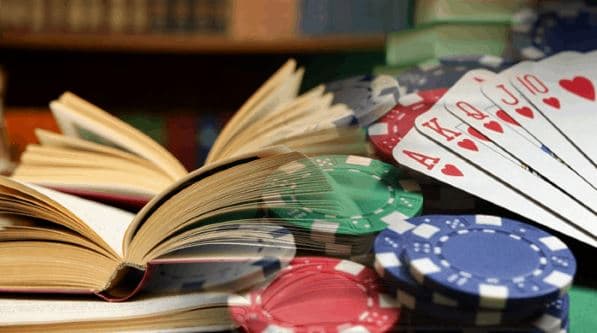
Conclusion
These books offer a great starting point for anyone interested in learning more about Gambling. Each one provides valuable insights into the world of Gambling, and they are all well worth a read. If you’re looking to improve your decision-making skills or are simply interested in learning more about Gambling, these books are a great place to start.









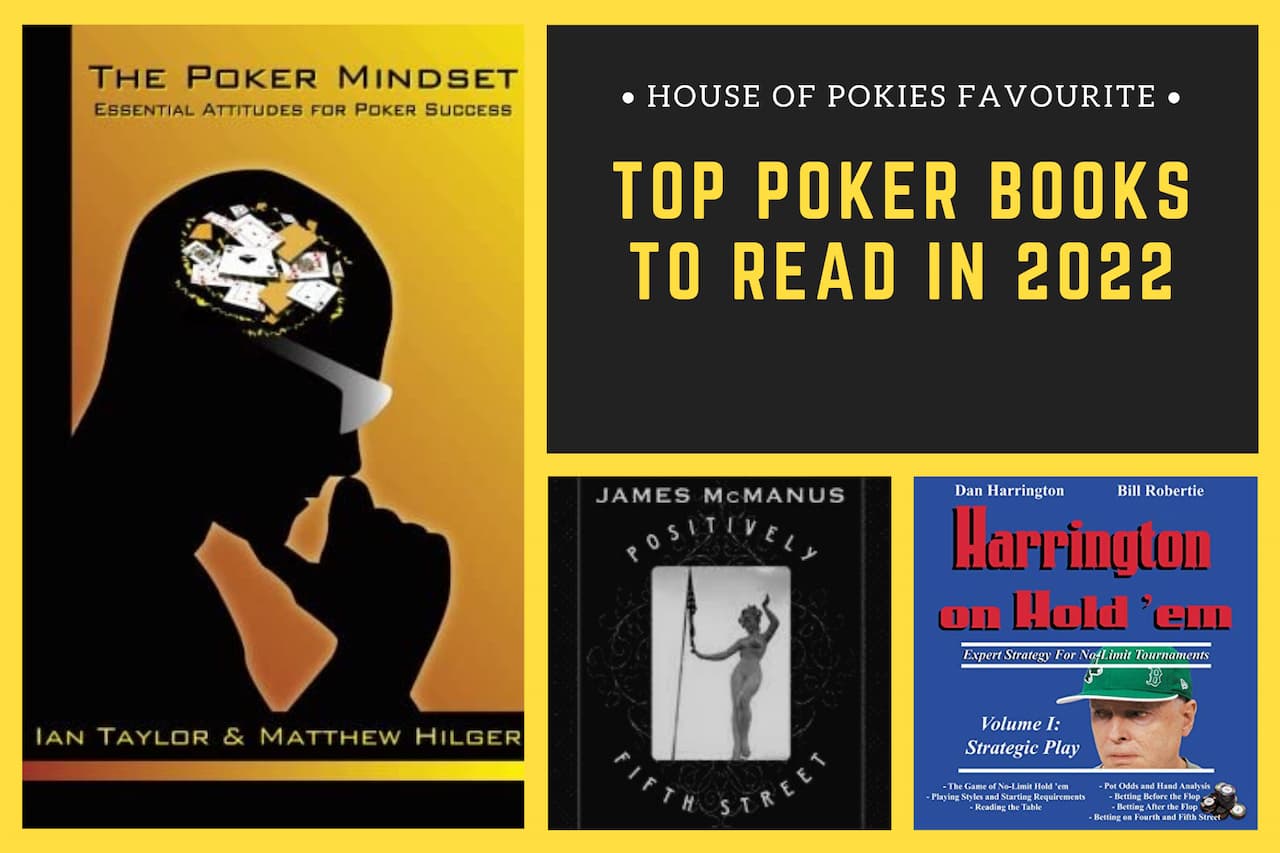

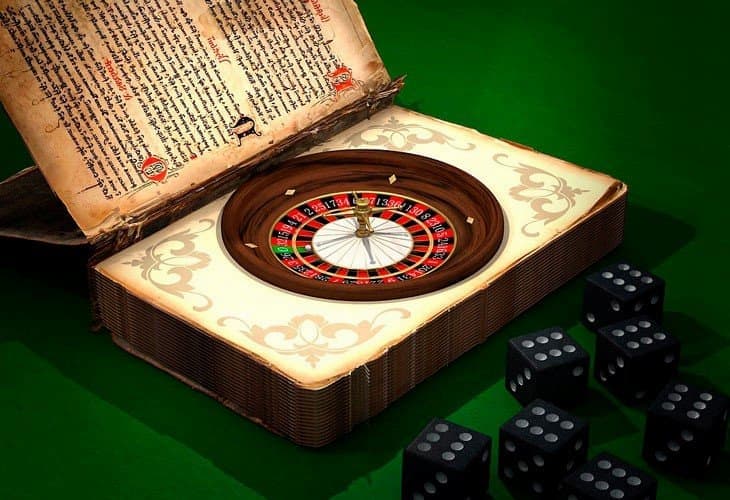
 How to Store Your Book Collection Safely in Vancouver’s Climate
How to Store Your Book Collection Safely in Vancouver’s Climate  AI in Literary Recruitment: How AI Tools Help Find Top Writers and Editors
AI in Literary Recruitment: How AI Tools Help Find Top Writers and Editors  Top 10 Must-Read Books of 2023: Unleash Your Inner Bookworm
Top 10 Must-Read Books of 2023: Unleash Your Inner Bookworm  Top 10 E-commerce Books Every Online Entrepreneur Must Read
Top 10 E-commerce Books Every Online Entrepreneur Must Read  Exploring the Benefits of Library and Book Resources for Writing Papers
Exploring the Benefits of Library and Book Resources for Writing Papers  Top Japan Books to Read in All Time
Top Japan Books to Read in All Time 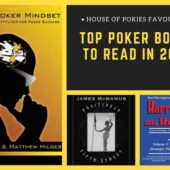 Best Sellers in Poker (According to House of Pokies)
Best Sellers in Poker (According to House of Pokies)  Top Belgian books for auto mechanics
Top Belgian books for auto mechanics 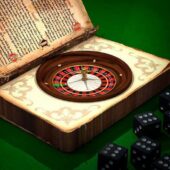 Best Books About Gambling
Best Books About Gambling  Top Asian Books to Read in 2022 [Part 2]
Top Asian Books to Read in 2022 [Part 2]  Top Asian Books to Read in 2022 [Part 1]
Top Asian Books to Read in 2022 [Part 1]  Will Libraries Remain Relevant in the Future?
Will Libraries Remain Relevant in the Future?  Is Paying Someone to Write an Essay Plagiarism and Illegal?
Is Paying Someone to Write an Essay Plagiarism and Illegal?  The Most Exciting Books of 2021
The Most Exciting Books of 2021  Will Libraries Remain Relevant in the Future?
Will Libraries Remain Relevant in the Future? 